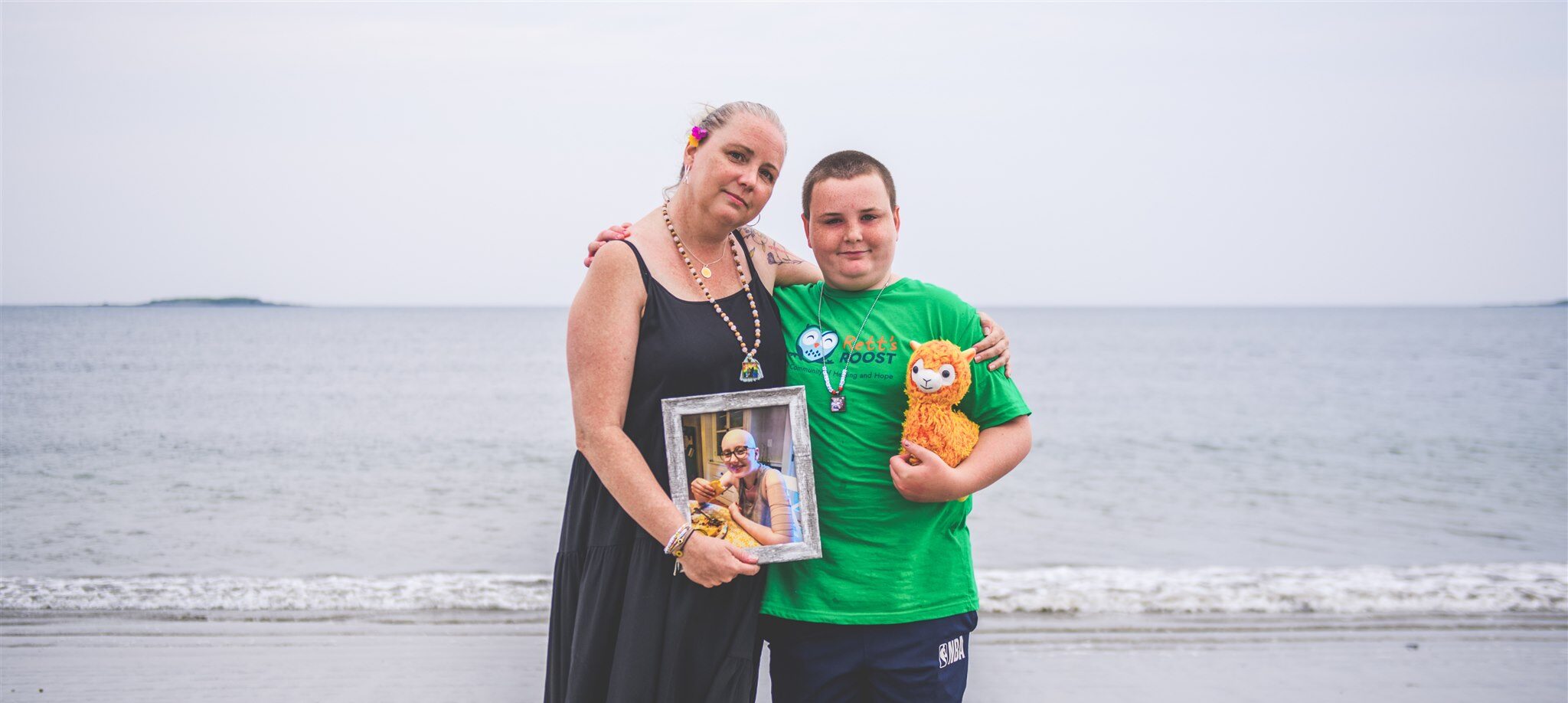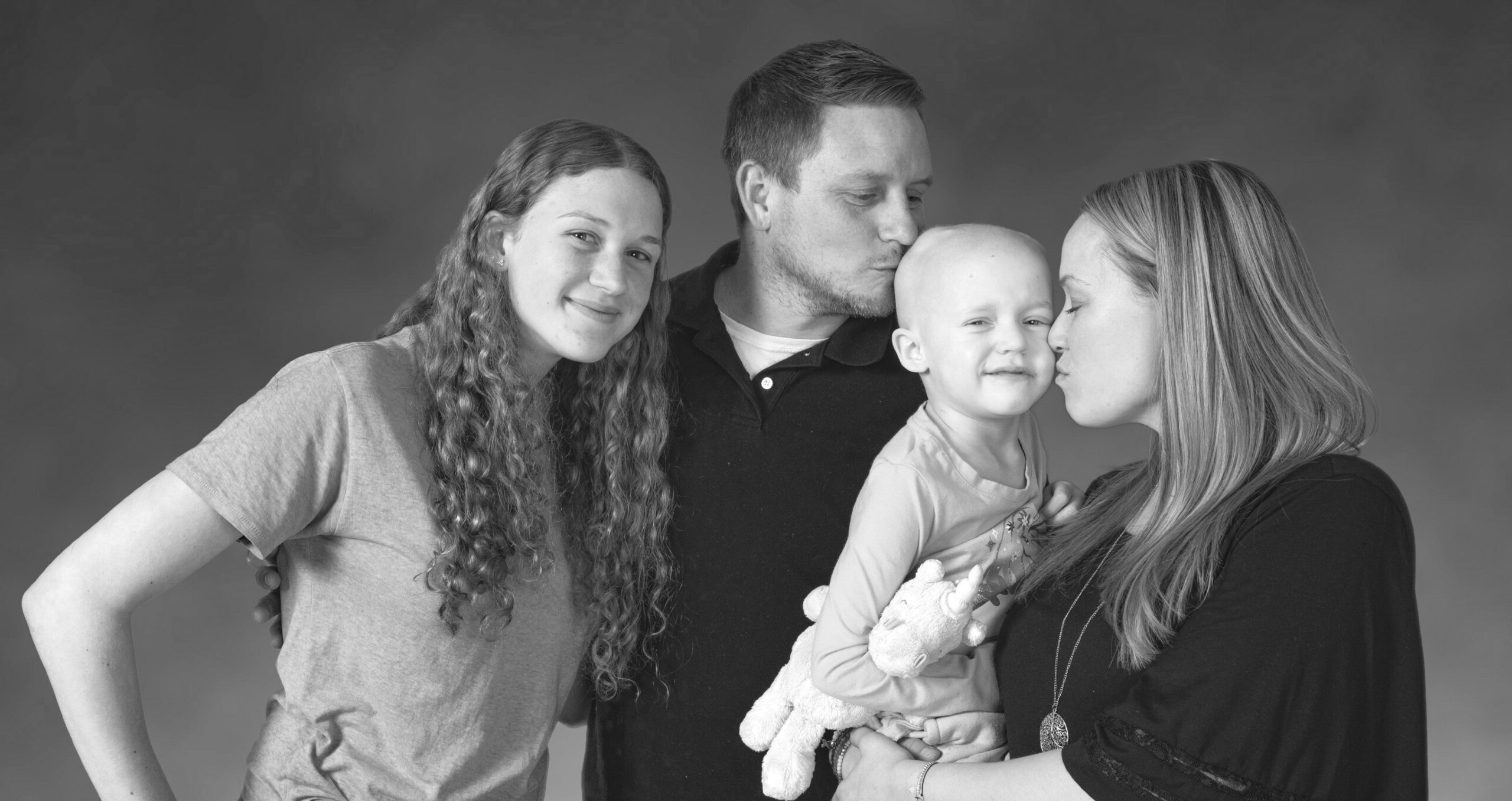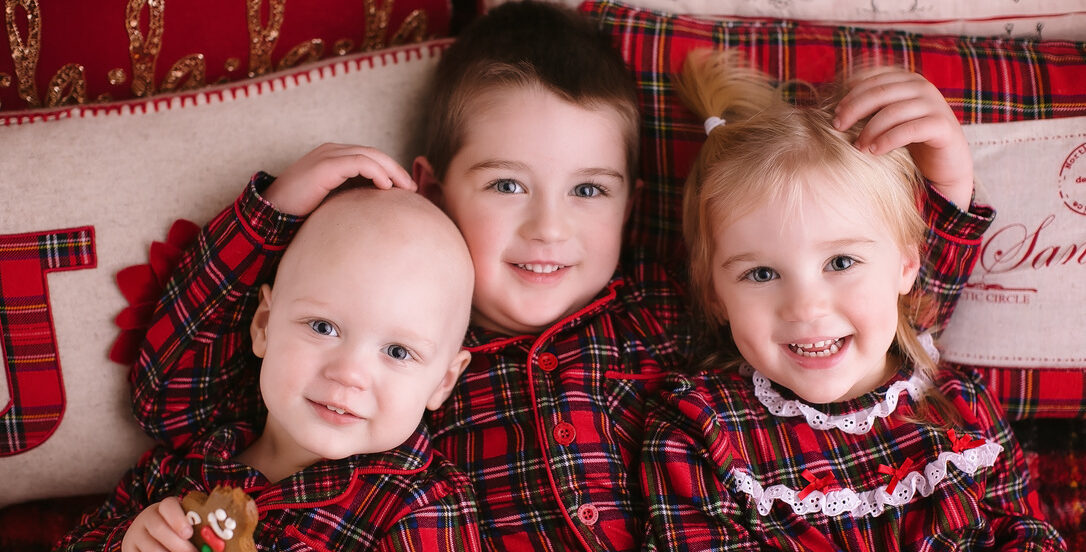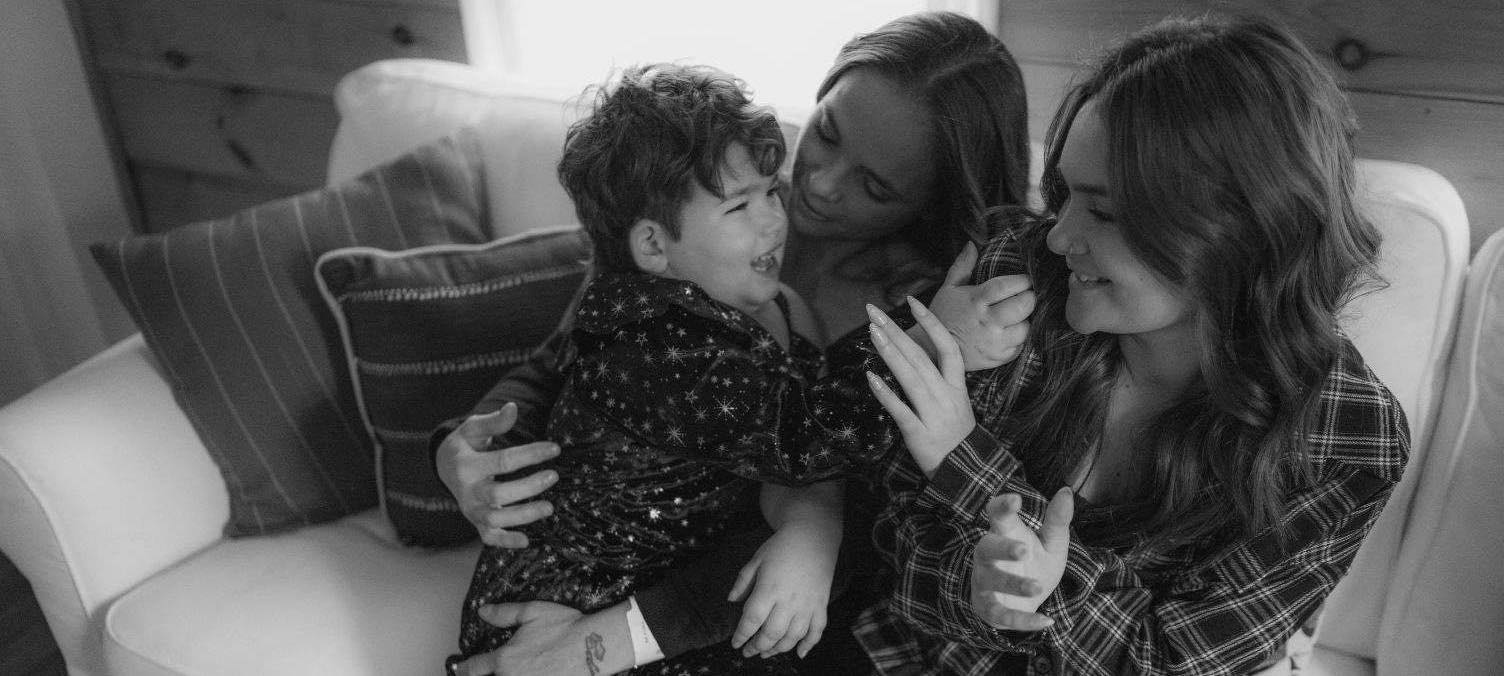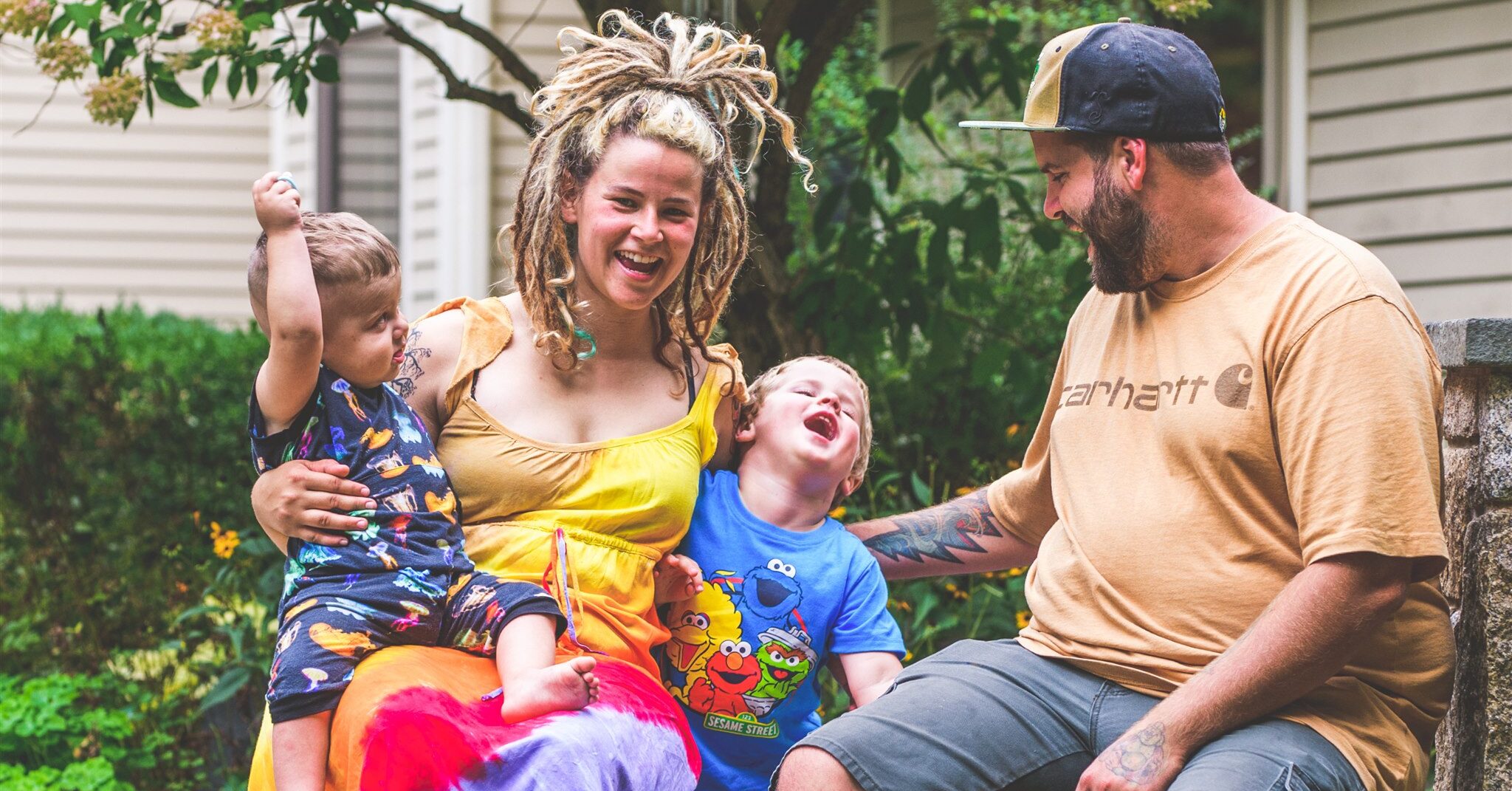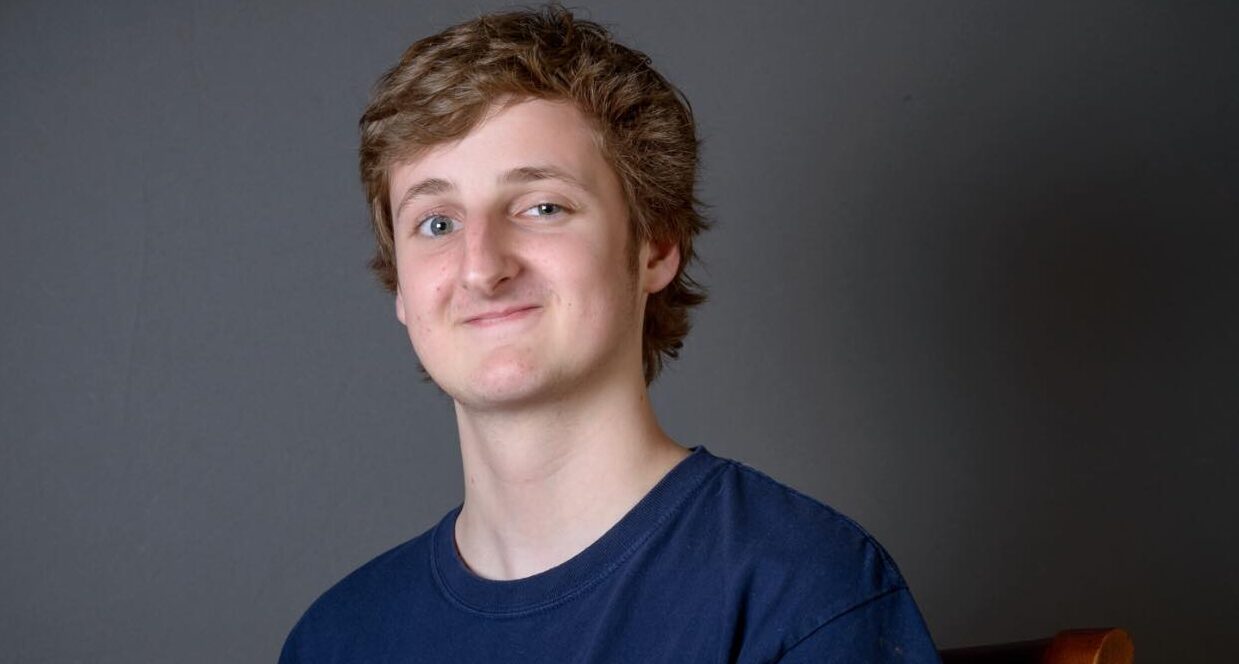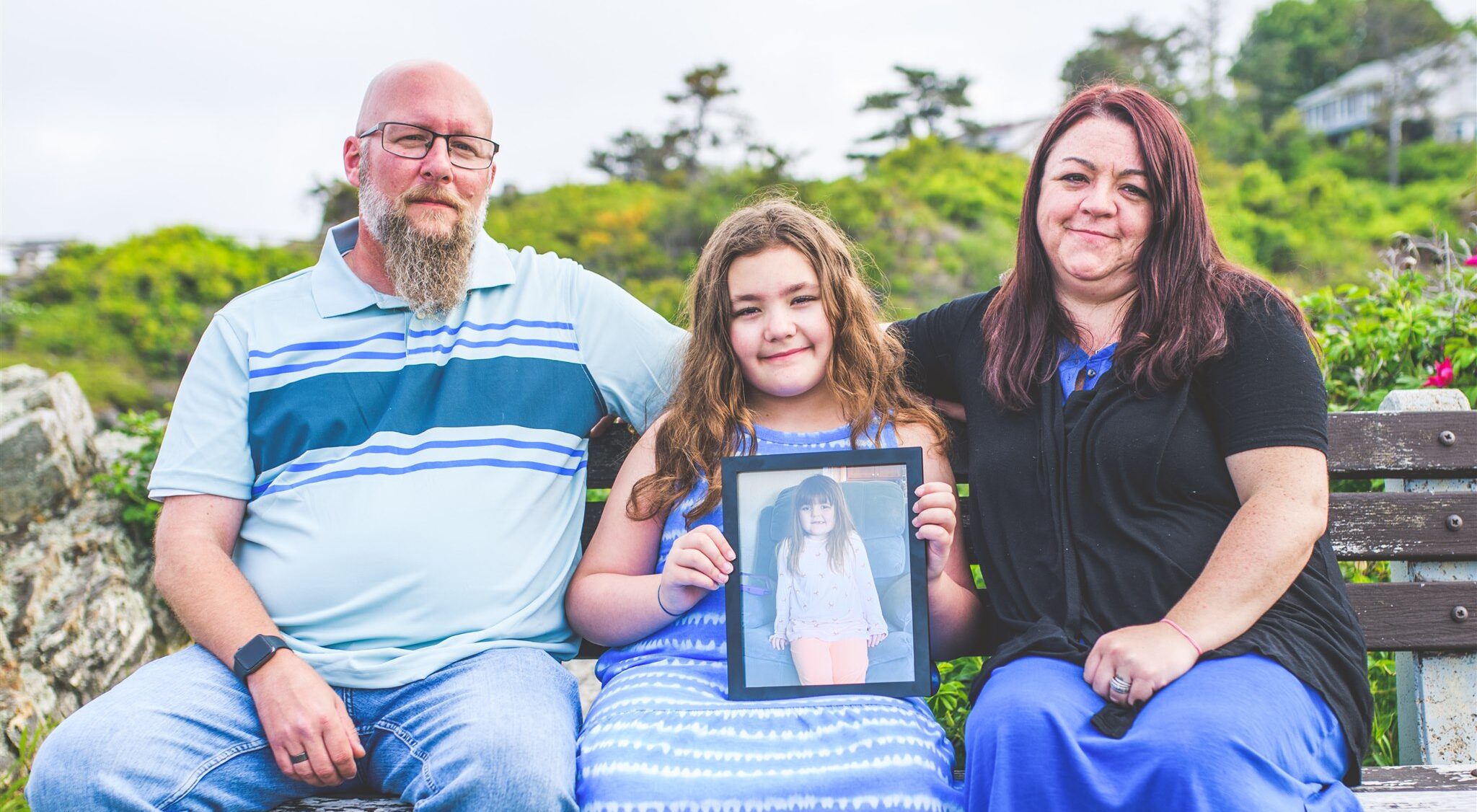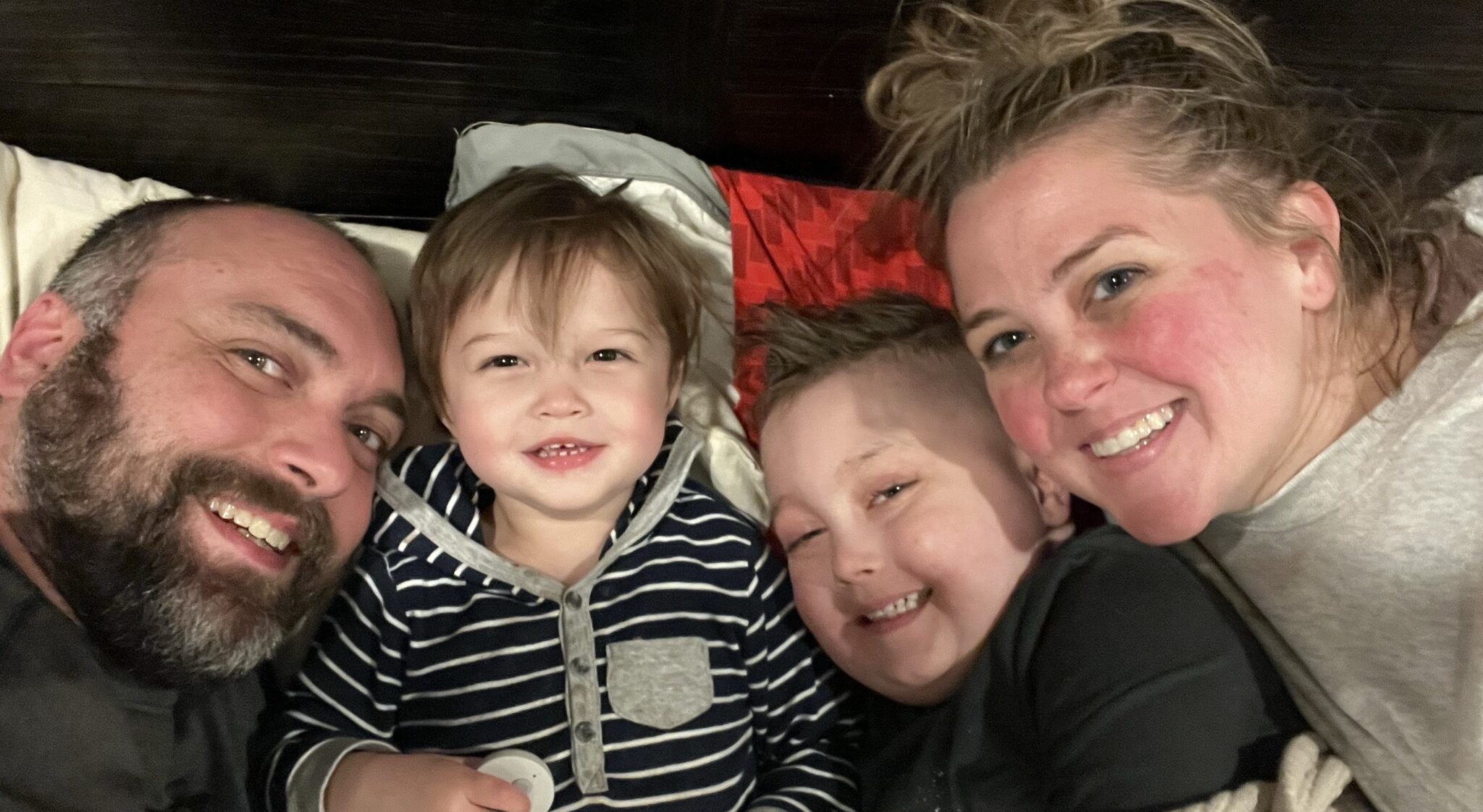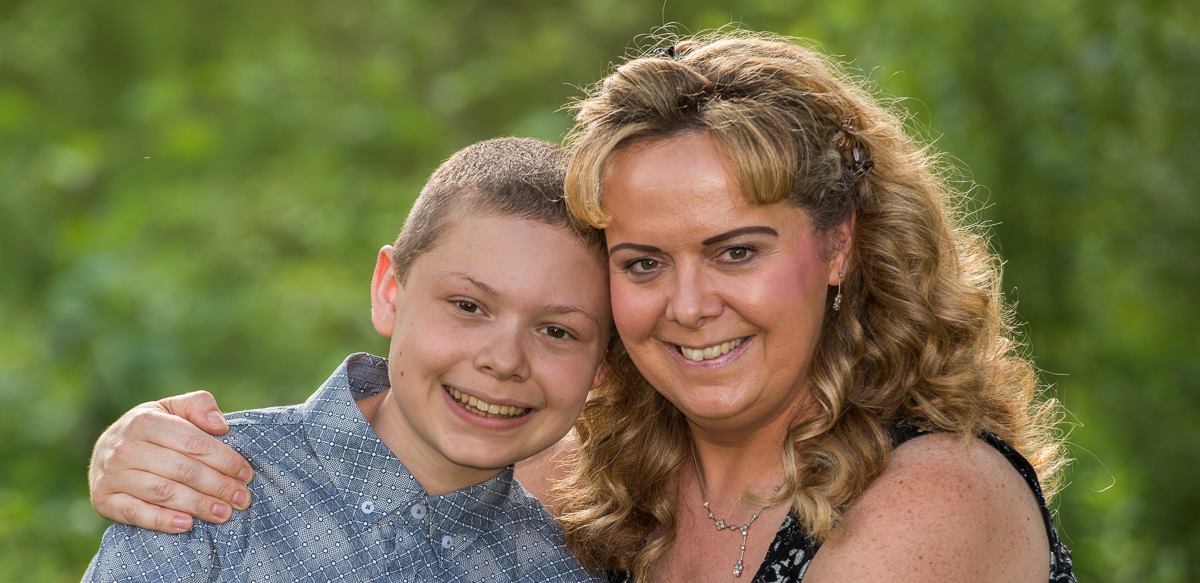Bella’s Joy
At 13 years old, in November of 2021, Bella had spinal fusion surgery. Several months later, her left shoulder began to hurt. Tracy, Bella’s mom, contacted the surgeon, who stated that shoulder pain should not result from the spinal surgery. Bella researched her pain online and told her doctors she suspected cancer, but they dismissed … Read more

